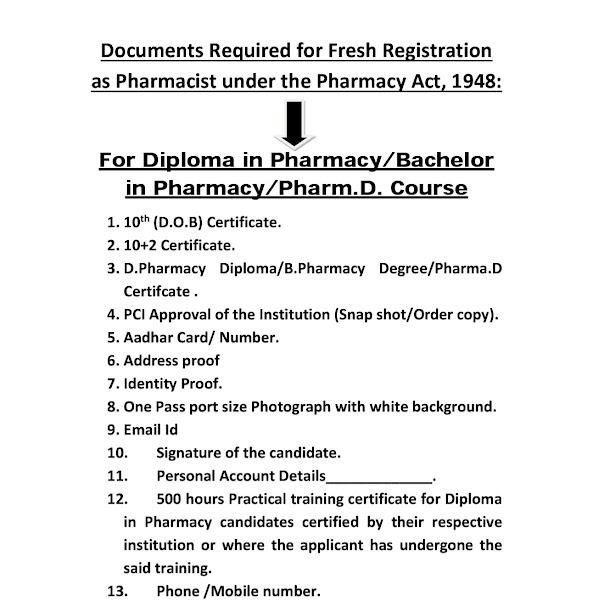Manufacturing gets no respect. Big pharmaceutical companies are easy targets of the media. Someone should do something to fix that.
These are some of the things I hear from pharmaceutical manufacturers every day. Many professionals believe that our industry gets a bad rap, and I think they’re right.
Our industry has created some of its own problems, of course, and must do more to, for example, ensure product quality and supply chain safety, improve manufacturing efficiency, and always put the patient first. If not, our image will continue to suffer in the eyes of the public.
But much of the criticism we face stems from the importance of the work we do. Our industry makes products that are life-changing, life-sustaining, and impact hundreds of millions of people worldwide. When the cost of a drug increases or there are problems with a new medication, the public feels the consequences. In these cases, it’s a natural reaction to search for someone or something upon which to assign blame. Often, it may appear to the public that pharmaceutical manufacturing professionals don’t take their responsibility to manufacture drugs safely and cost-effectively as seriously as I know they do.
The challenges facing pharmaceutical manufacturing have increased dramatically as well. Today’s pharmaceutical engineers and manufacturers face economic and regulatory pressures, accelerating costs, technology changes, and the need to constantly adapt their business models. The advent of biologics, more widely distributed supply chains, and many other influences demand greater investment; better integration of product, quality and manufacturing design; and greater industry collaboration overall. Quality controls, corrective and preventive actions (CAPAs) and root cause analyses that were once more straightforward are highly complex today, and the industry could benefit from agreement on how to use and apply technology to achieve greater gains in all areas, including quality and safety.
Collaboration between Industry and Regulators
Collaboration between Industry and Regulators
Organizations like ISPE work to address these very real issues every day. But we can do more. The industry must find ways to elevate our use of new technology and to sustain a dialogue between companies, technical experts, scientists and regulatory representatives that results in a shared approach to removing barriers to technology utilization and change. Relationships between industry, supply networks and regulatory agencies need to become more collaborative in the application of science and risk-based approaches for the development and manufacturing of new products.
Industry and regulatory leaders should openly discuss how to leverage new quality and manufacturing processes and how to capitalize on advancements in IT technology, such as cloud-based systems, to effectively manage data that will enhance productivity and quality. We need more dialogue about the use of advanced technologies—particularly those already proven successful in other industries—to enable improvements in production and transparency in more pharmaceutical companies.
When we hear other manufacturing industries discussing quality and data solutions that are driving decision-making, we need to be at the forefront as well, discussing how these new best practices can help advance the pharmaceutical manufacturing industry.
Our Responsibility
Our Responsibility
In an industry that faces huge levels of risk each day, change comes slowly—but it does come. Pharmaceutical manufacturers perform extraordinarily complex research, sophisticated testing, and compliance work.
Consumers won’t ever know the complexities of our industry or how many organizations worldwide touch a single drug as it is developed, tested, validated, manufactured, distributed and delivered to them. They won’t know that tens of thousands of people are dedicated to meeting their expectations of an ongoing pipeline of new, better and less costly medicines and vaccines or that this development work has a price tag in the billions, involving highly complicated processes.
But they know when a new drug saves lives, prolongs life or lessens pain.
With great power comes great responsibility. The pharmaceutical manufacturing industry knows what challenges we face. We must now be ready and able to meet them.




No comments:
Post a Comment